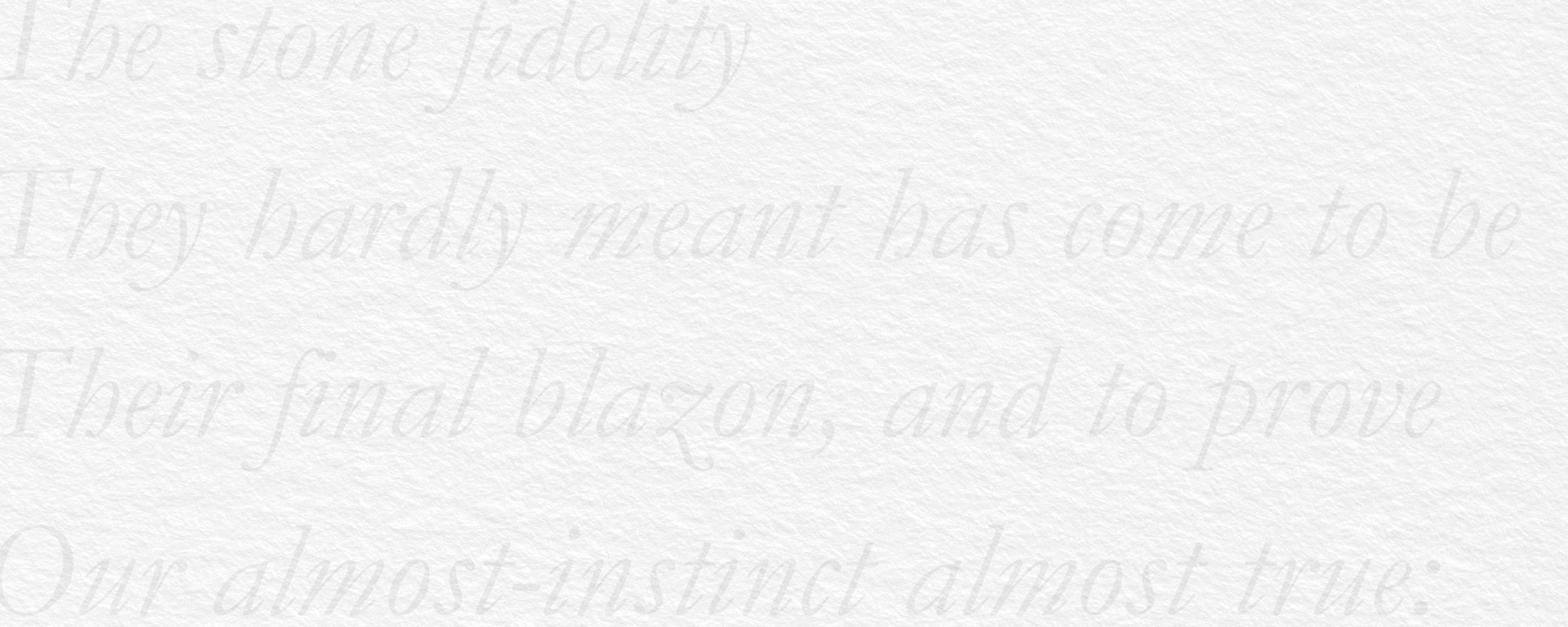Politics with a small ‘p’
Dù Theatre are back on stage after an absence of four years. Founder Simone Spiteri speaks to THINK about her newly penned play Repubblika Immakulata co-produced by Spazju Kreattiv, the influences that motivated her to write it, and the importance of using daily language on stage. Words by Franica Pulis.

Repubblika Immakulata revolves around a Maltese family trying to cope, or not, with being involved in a general election, wedding, and local feast all on the same day.
Premju Francis Ebejer winner Simone Spiteri (visiting lecturer, School of Performing Arts) wrote, and is directing, the satirical comedy as an exploration into Maltese identity and the climate of current affairs.
‘So is it about political parties?’ is usually the first question most people blurt out when I’m only a quarter into explaining what Repubblika Immakulata is about,’ Spiteri says. But there is more. ‘The play tries to examine our relationship, locally, to straightforward politics drenched in election fever. But that is only part of the whole. The undeniable can’t be ignored. To say we are a country that is not affected, polarised, brainwashed even, by partisan politics would be a straight out lie. However, isn’t everything else that governs the rest of our lives another type of politics too? Don’t we all form part of smaller communities, and even smaller, family (or similar) units?’ she adds.
In the early days, Spiteri’s focus was always the people rather than the issues at hand. She was also very interested in exploring language.
‘It was a time when most plays in Maltese didn’t tap into the mundanity of how we speak, how we sound, how we behave around each other. I was particularly interested in dissecting naturalistic dialogue. Code-switching from Maltese to English was not something you’d see characters do in most local plays,’ Spiteri points out.
‘I wanted to explore how the understated, rather than the epic and dramatic, worked in our mother tongue on stage and how audiences reacted to that. It was, relatively, a most welcomed effort. Not without the odd purist decrying the meshing of two languages in such a vernacular manner.’


Then, unexpectedly, came five years of writing commissioned plays for young people. It was not something Spiteri thought she could or wanted to do, but it was a challenge that ushered in a new way of thinking about writing. She describes it as a process that demands a thick skin. Young audiences were the toughest to please, she notes. The task demanded her to be exact, precise, and concise.
‘During these years, the niggling thought of going back to writing for an adult audience started bothering me. I didn’t feel the pull to write for pleasure. It felt more like the need to write to purge,’ Spiteri says.
‘There was plenty to write about. Perhaps that was the problem. All I had to do was read the daily papers or scroll through the latest bully-xenophobic-troll infested comment board online.’
‘Or eavesdrop everywhere on conversations between usually sensible individuals parroting away ‘facts’ straight out of a politician (of choice)’s mouth. Or take a stroll anywhere and witness every last speck of green on this tiny rock being gobbled up. Or observe everyone treat one other with some level of impatience, inconsideration, inhumanity. All I had to do was sit somehow and watch this fast-paced, technologically disconnected world pass by… and try to make sense of it.’
Spiteri reports this time in her life as one fraught with frustration, anger, and cynicism. The raw material was there, but moulding it into a play was proving a challenge. ‘I tried a few times, hated the attempt, and threw it away,’ she admits. ‘Then, last summer, the central character of Anon (portrayed by Andrè Agius) somehow popped into my mind and immediately all the disconnected loose ends clicked together.’

‘Here was my pivot to this rapid, sometimes nausea-inducing, merry-go-round. This character, who I didn’t want to define as anything but a voice, who speaks in the play, but you’re not sure is ever heard. Who speaks with authority one minute, but doubts that very same veracity a moment later. Who can be anyone… and no one at the same time. Who, by being there, is a blank canvas for us, upon which we project all those layers of beliefs, self-perceptions, subjective experiences of failure and success as a country, all the divergences of our multifaceted identity,’ Spiteri adds.
That’s how Repubblika Immakulata came to be. But that is not where the writing ends. Currently there is a new writing phase during which the actors imbue the script with their own interpretations during rehearsals. Then, there is the final act of writing: the process of each audience member looking into the metaphoric mirror the theatre stage should always be.
Note: Repubblika Immakulata will be performed at Spazju Kreattiv, Valletta in March and April. For more information and tickets visit: www.kreattivita.org/en/event/repubblika-immakulata/

